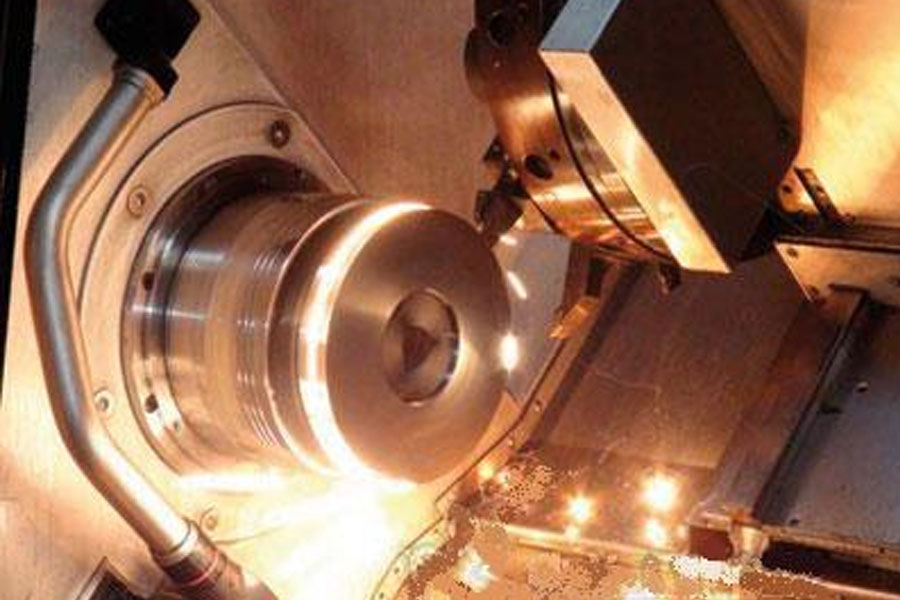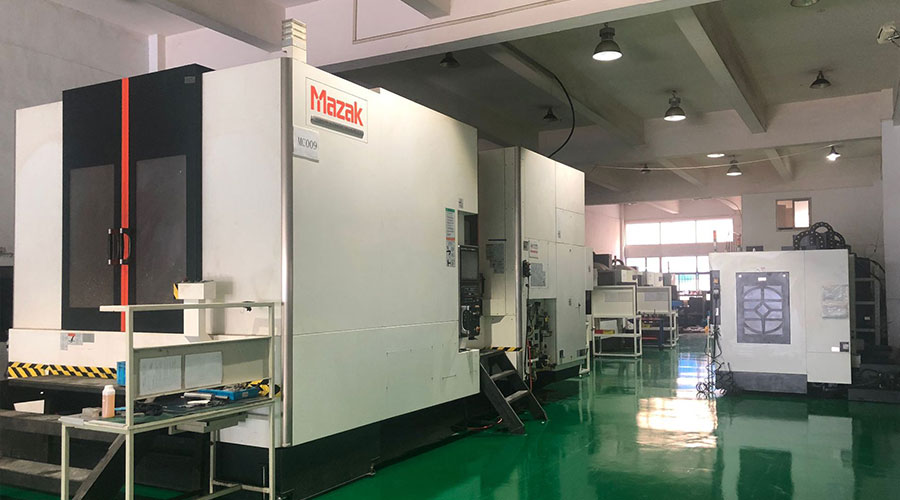Manufacturing Process Route Planning Based On Specific Immunity
|
At present, the process route planning of spacecraft shell parts still mainly relies on the experience of engineers, which cannot adapt to the “multi-type, small-batch” production mode, and there are problems such as low efficiency and uneven quality. Therefore, the research on the intelligent planning of the process route is very necessary. |

According to the analysis of the research status, in the application of the intelligent algorithm in the process route planning of the spacecraft shell parts, the algorithm effect is not good due to the large number of processing features. In intelligent algorithms, AIS relies on its cloning mechanism to achieve greater advantages in the convergence speed of the algorithm, but it has the disadvantage of easily falling into a local optimal solution, which greatly limits the performance of the algorithm.
In this regard, this chapter improves the artificial immune algorithm by analyzing the specific immune process, and proposes a process route intelligent planning method based on the artificial specific immune algorithm (Artificial Specific Immune System, ASIS). The ASIS algorithm simulates vaccination and uses the Dijkstra algorithm to generate high-quality initial antibodies. On this basis, the antibody is cloned and mutated through the artificial immune algorithm to obtain the optimal antibody.
Specific Immunity Concept Mapping for Process Route Planning
The biological immune system is a distributed and autonomous information processing system, showing parallelism, distribution, self-adaptation, self-organization and other characteristics, with strong recognition, learning and memory capabilities. When an antigen is detected by the immune system, antigen-presenting cells such as macrophages ingest and digest the antigen, and display antigenic determinants on the surface, which are recognized by immune cells such as B cells and T cells.
After recognizing the antigen, immune cells clone and mutate (called proliferation and differentiation in immunology), secrete a variety of antibodies, bind to the antigen to eliminate the antigen. Among them, the cloning and mutation behavior of immune cells is controlled by the immune regulation mechanism, including two regulation methods, positive regulation and negative regulation.
However, in real life, due to the strong virality of certain new diseases, the immune system cannot effectively eliminate them in a short period of time. Therefore, artificial vaccination is often used to guide antibody production and accelerate the immune process. Among them, the use of artificial vaccination to produce antibodies is called specific immunity.
Similarly, in the process route planning, the number of processing features of the spacecraft shell parts is large, which causes the artificial immune algorithm to easily fall into the local optimum, and the final result does not meet the engineering requirements. Therefore, this article draws on the specific immune mechanism, establishes the ASIS algorithm model, and carries out the process route planning. According to the definition in section 2.2, the concept mapping of the process route planning in the ASIS algorithm is given:
- (1) Antigen refers to the working step matrix, and antigenic determinants refer to the parameters in the working step matrix.
- (2) Antibody refers to the process route generated by ASIS.
- (3) Vaccine refers to the Dijkstra algorithm. The high-quality antibody produced by the vaccine action refers to the high-quality initial process route generated by the Dijkstra algorithm.
- (4) Cloning and mutation means that the process route is increased in number by means of replication, and the process steps and sequence in the process route are exchanged through specific adjustment methods.
- (5) Positive regulation and negative regulation Positive regulation refers to the adjustment method based on affinity.
Affinity characterizes the quality of the process route. The higher the quality of the process route, the higher the affinity; the negative adjustment refers to the adjustment method based on inhibition. , The degree of inhibition is directly proportional to the concentration, and the concentration represents the proportion of the same process route in the whole. The larger the proportion, the higher the concentration. Affinity and inhibition together determine the number of copies of the process route.
Link to this article: Manufacturing Process Route Planning Based On Specific Immunity
Reprint Statement: If there are no special instructions, all articles on this site are original. Please indicate the source for reprinting:https://www.cncmachiningptj.com/,thanks!
 PTJ CNC shop produces parts with excellent mechanical properties, accuracy and repeatability from metal and plastic. 5 axis CNC milling available.Machining high-temperature alloy range inclouding inconel machining,monel machining,Geek Ascology machining,Carp 49 machining,Hastelloy machining,Nitronic-60 machining,Hymu 80 machining,Tool Steel machining,etc.,. Ideal for aerospace applications.CNC machining produces parts with excellent mechanical properties, accuracy and repeatability from metal and plastic. 3-axis & 5-axis CNC milling available.We will strategize with you to provide the most cost-effective services to help you reach your target,Welcome to Contact us ( [email protected] ) directly for your new project.
PTJ CNC shop produces parts with excellent mechanical properties, accuracy and repeatability from metal and plastic. 5 axis CNC milling available.Machining high-temperature alloy range inclouding inconel machining,monel machining,Geek Ascology machining,Carp 49 machining,Hastelloy machining,Nitronic-60 machining,Hymu 80 machining,Tool Steel machining,etc.,. Ideal for aerospace applications.CNC machining produces parts with excellent mechanical properties, accuracy and repeatability from metal and plastic. 3-axis & 5-axis CNC milling available.We will strategize with you to provide the most cost-effective services to help you reach your target,Welcome to Contact us ( [email protected] ) directly for your new project.
Link to this article:Manufacturing Process Route Planning Based On Specific Immunity
Reprint Statement: If there are no special instructions, all articles on this site are original. Please indicate the source for reprinting.:Cut Wiki,Thanks!^^
